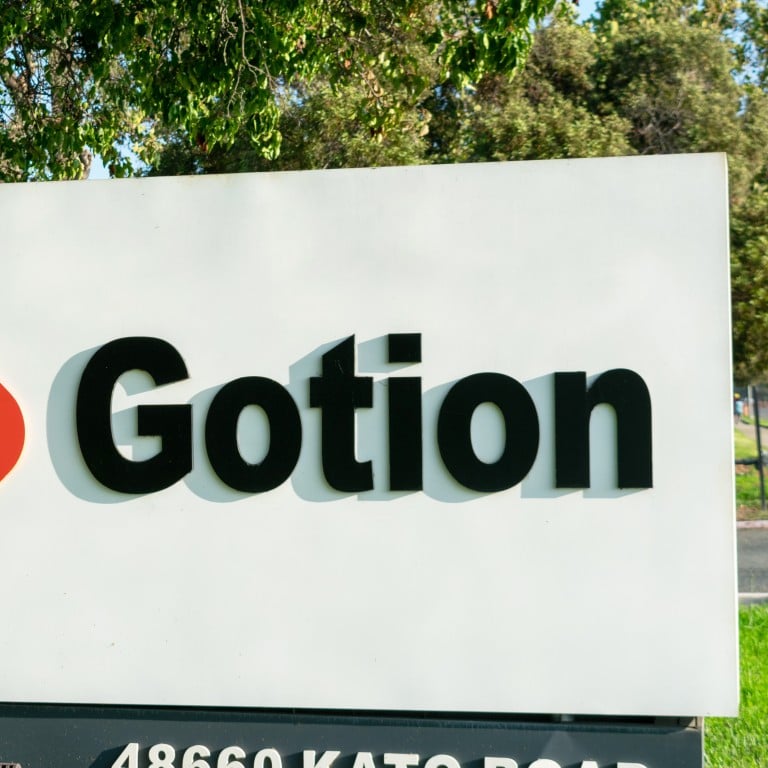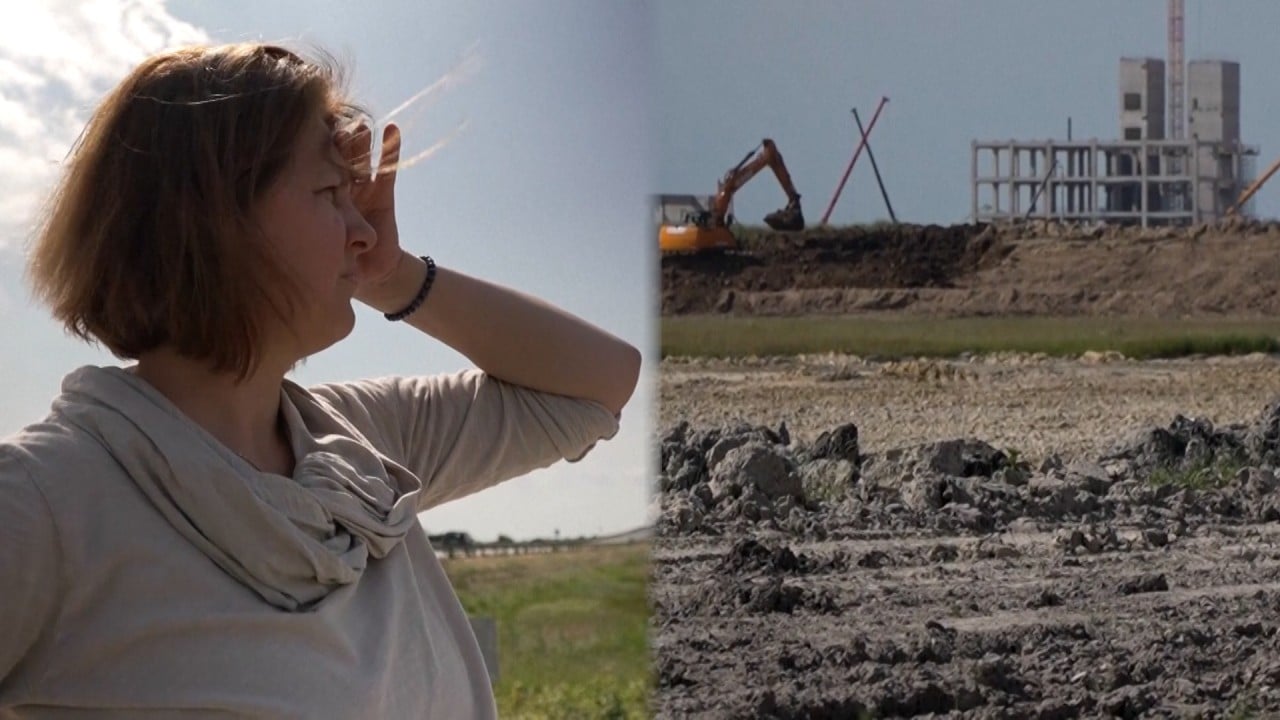
Chinese battery maker Gotion starts making energy storage packs at Fremont plant, kicking off ‘made in America’ initiative
- Gotion High-tech, China’s fourth-largest EV battery maker, has commenced operations at the first of its three battery plants in the US
- The factory in Fremont, California, has an annual capacity of 1 gigawatt-hours, with production officially starting on December 21
Chinese battery makers are increasingly localising production overseas to circumvent trade barriers and geopolitical tensions.
The factory in Fremont, California, which has an annual capacity of 1 gigawatt-hours (GWh), produced its first battery pack on December 21, marking the official start of its “made in America” initiative, Gotion said in a statement to the Post on Friday.
The plant has an automation rate of 85 per cent.

The battery packs, which have energy-storage capacity ranging from 3 kilowatt-hours (KWh) to 30KWh, will be supplied to portable energy storage products for residential use.
“The factory will continue to make efforts in areas such as technological and product innovation, customer development, service upgrades and production capacity arrangements, aiming to provide reliable, safe power battery systems and integrated energy storage systems for its customers,” said Gotion, headquartered in Hefei, eastern Anhui province.
The company’s US$2 billion battery-cell factory in Manteno, Illinois, is expected to begin production in 2024. The plant will have a capacity of 10GWh of battery packs and 40GWh of battery cells a year when it is fully complete.
Technically, 1GWh of batteries are enough for about 13,000 electric cars with a driving range of about 500km.
“Localising production in the US and other Western markets is a primary choice for China’s EV battery producers since geopolitical tensions and protectionist measures make it difficult for them to ship Chinese-made battery products abroad,” said Davis Zhang, a senior executive at Suzhou Hazardtex, a supplier of specialised vehicle batteries.
Chinese companies have become leaders in the battery industry as they have grasped core technologies and have experience in operating big plants, he added.
Gotion’s output in the first 10 months of 2023 hit 13GWh, the eighth largest in the world, and accounting for a 2.4 per cent share of the global market, according to Seoul-based consultancy SNE Research.
Chinese EV battery makers, numbering about 50, dominate the global market. Six of the world’s top 10, including Gotion, are Chinese.
Chinese battery manufacturers are facing a glut at home. They will be able to produce 4,800GWh by 2025, four times the national demand, according to a forecast by mainland online investment publication Gelonghui.
In September, Gotion said it had received “a large number of orders” after starting operations at its first overseas plant in Germany, putting it on course to achieve its global ambitions.
The factory in Gottingen, in central Germany, is expected to reach a production capacity of 5GWh by mid-2024 and 20GWh when the facilities are fully operational.


